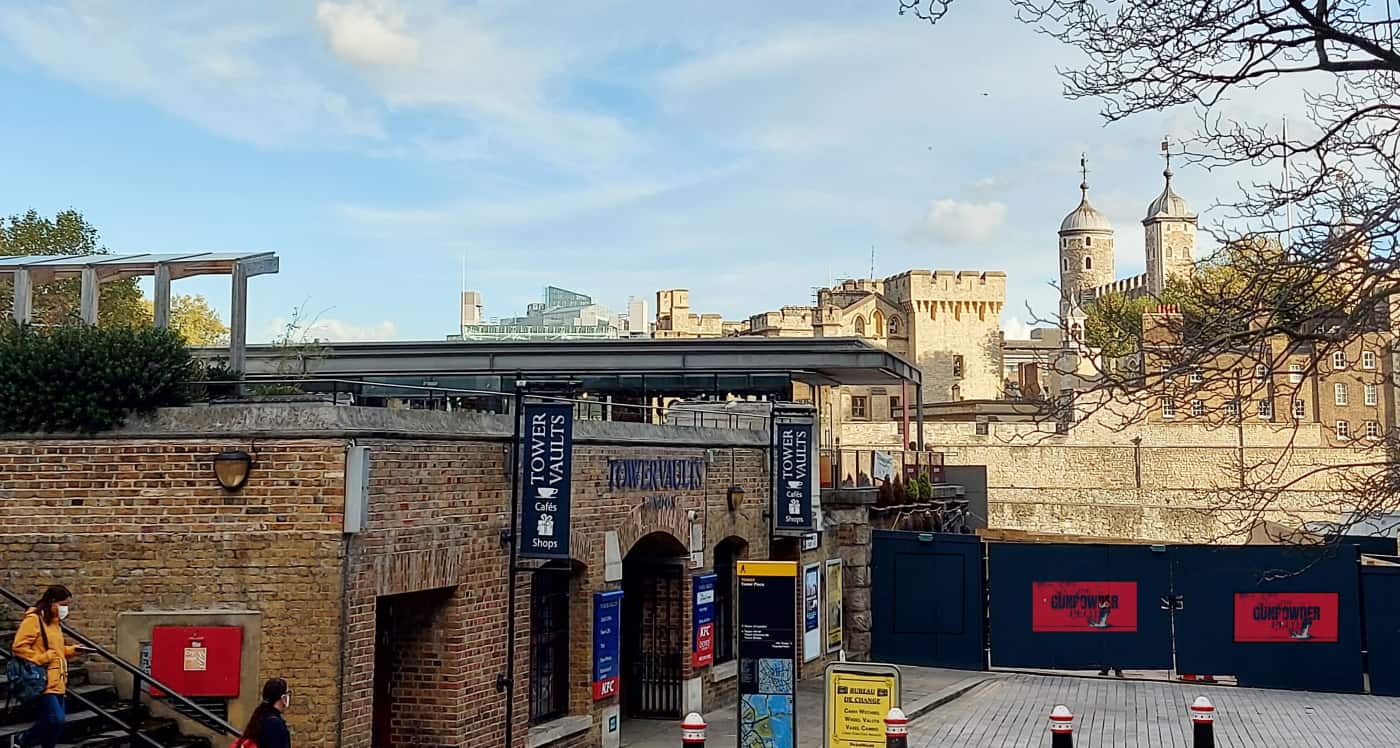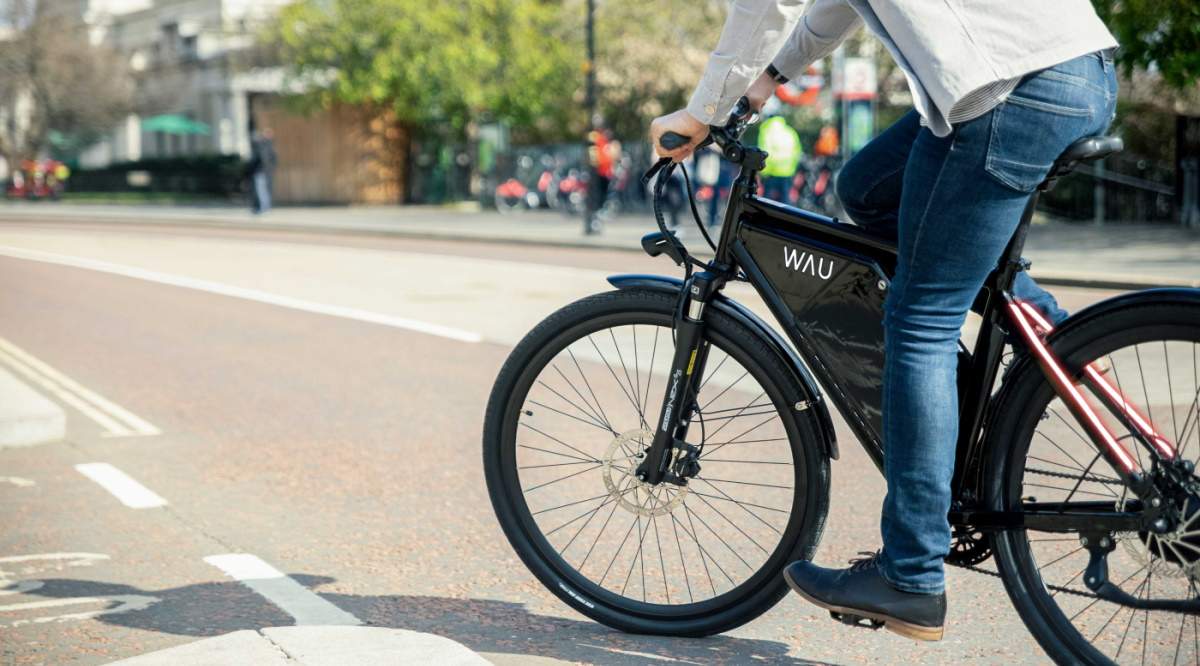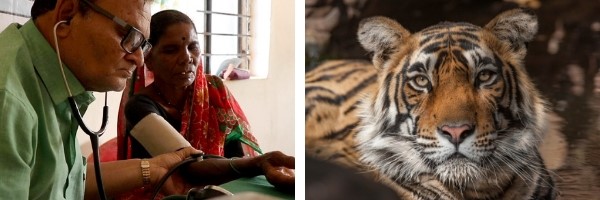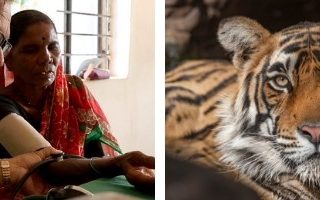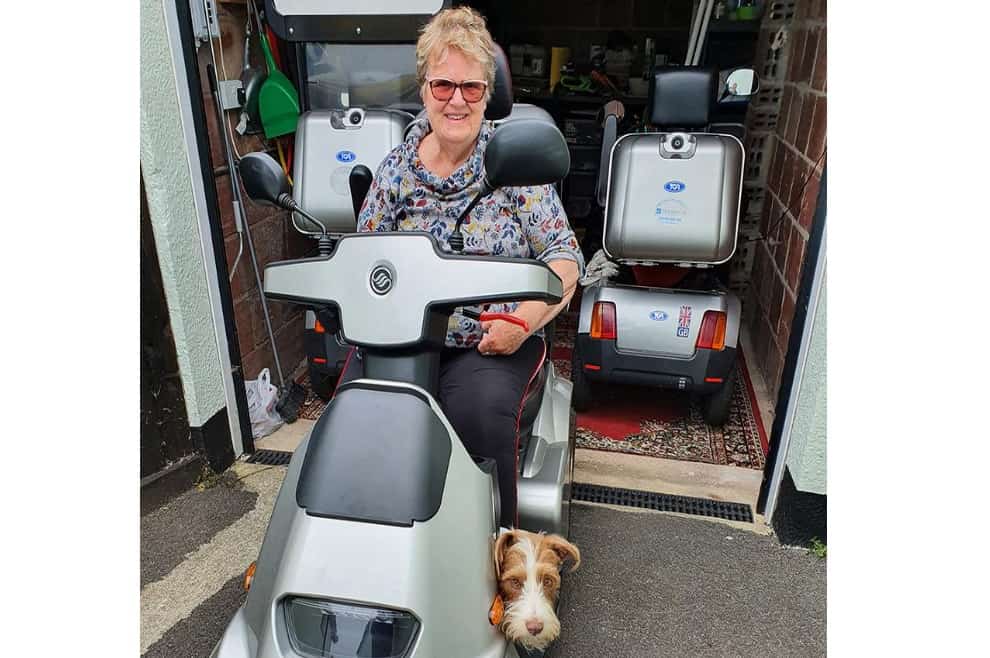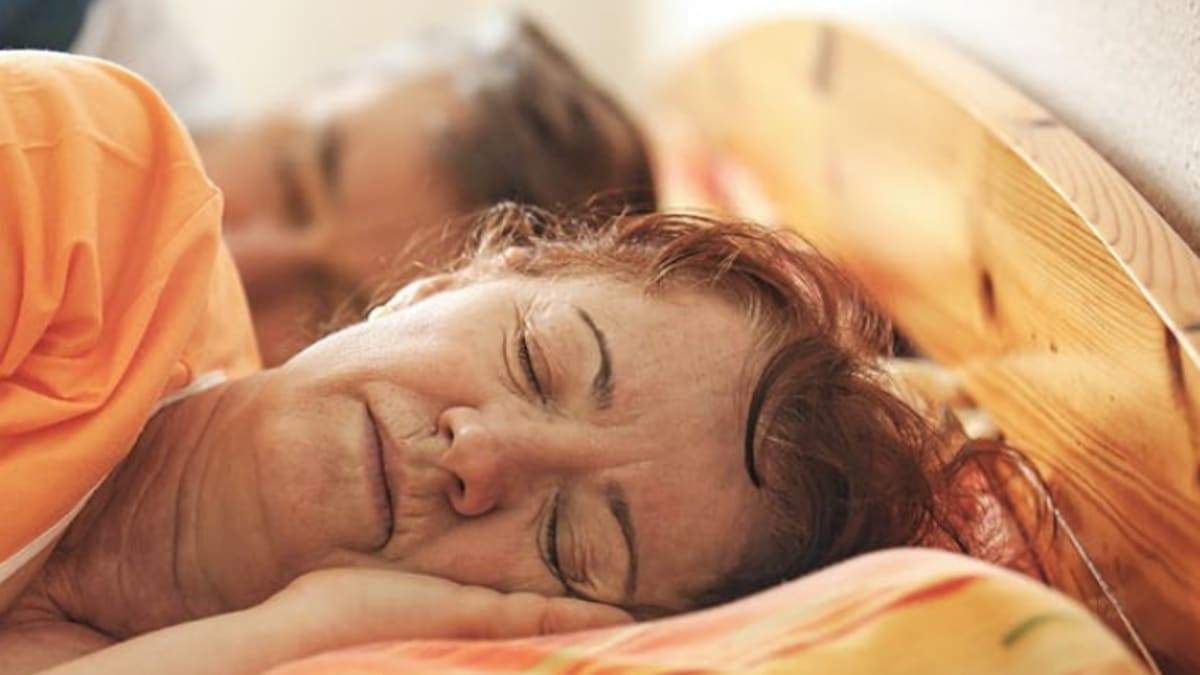For World Health Day, Born Free examines how its Living with Tigers programme is improving the health of local communities near Pench National Park, in central India
Living with Tigers’ Mobile Health Unit
The small school in the centre of Khursapar has been turned into a makeshift doctor’s surgery for the morning. Born Free’s Living with Tigers’ Mobile Health Unit is in town.
Khursapar, a rural village in central India, is 15kms from the nearest health facility. Emergency care is 75kms away in the city of Nagpur. The Mobile Health Unit is an initiative by Satpuda Foundation, a partner of Born Free’s Living with Tigers programme, which gives local communities like Khursapar access to vital healthcare. Established in 2004, it serves 48 villages around Pench National Park.
The unit is made up of a doctor, driver and community officer, and it’s out on the road three days a week, holding two surgeries a day. It treats minor illnesses, prescribes medication and also holds a special camp for eye surgeries once a year.
Some 30 people have come to visit the unit at Khursapar – about 10% of the population of the village. The Mobile Health Unit sees an average of 40 people per surgery but can see as many as 200. Of the patients today, a woman and her child have a persistent cough. Another woman has joint pains.
Their ailments are typical of those treated by the unit, although some cases can be much more serious. Three pregnant women have been helped with complications during labour, for example, and one forest guard was rushed to hospital by the unit after he drunk water that had been poisoned by poachers who were trying to catch a tiger.
“Born Free’s Living with Tigers programme supports a network of Indian NGOs to help conserve wild tigers and find solutions to human-wildlife conflict across the Satpuda region of central India. Initiatives like the Mobile Health Unit help wildlife conservation because they instil sympathy and trust with local communities in the work of Living with Tigers, and also act as a way for Living with Tigers to find out if anything new is happening in the community that could adversely affect wildlife. Thanks to the Mobile Health Unit, eight poachers have been caught after patients passed on crucial information,” said Howard Jones, CEO at Born Free.
Jones added: “For villages like Khursapar, Born Free’s Mobile Health Unit is a real lifeline for the communities it serves. With your help, we can continue this vital work.”
To support Born Free’s Living with Tigers initiative visit www.bornfree.org.uk/living-with-tigers











